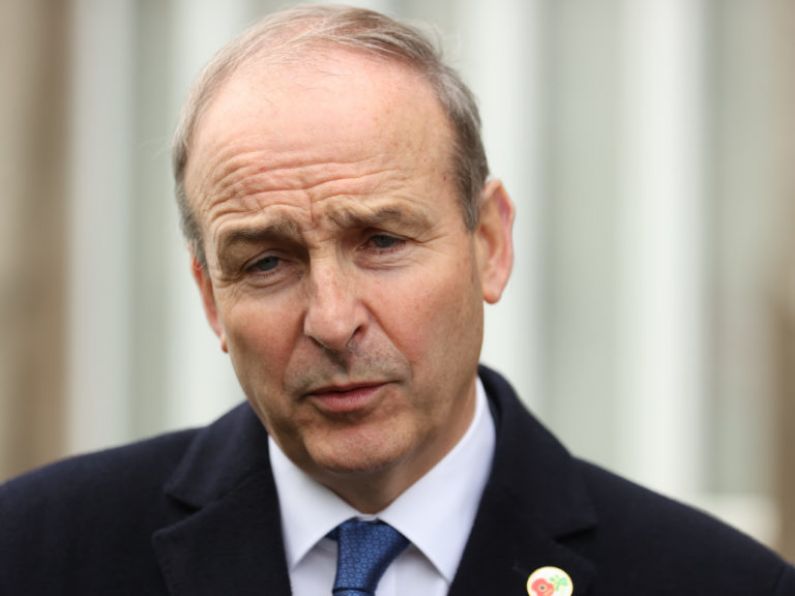By Eamon Quinn
The numbers of households in mortgage arrears have fallen again but long-term cases remain stubbornly high and so-called restructured home loans are failing at a worrying rate, official figures show.
The Central Bank figures showed that 66,479 residential mortgages were in some sort of arrears by the end of June — that’s down from 71,833 in the quarter to the end of March.
The number of accounts in long-term arrears of over 720 days, or two years, accounted for the vast bulk of the cases and fell to 28,237 from 29,509 cases — representing almost €2.5bn in missed payments.
The figures cover a period before Permanent TSB and Ulster Bank started selling their non-performing loans to vulture funds.
The next batch of figures which cover the period to the end of September will likely reflect the transactions.
The sales have the backing of the Government and the Central Bank which say that after 10 years from the onset of the banking and property crisis Irish banks must make concerted efforts to reduce the large amounts of soured loans on their books to European industry norms.
Other banks have said that they will consider loan sales in the future.
“While it is to be expected that there would be improvement in today’s mortgage arrears figures from the Central Bank, the really big and long-standing arrears cases remain persistent,” said industry group Brokers Ireland, which represents 1,250 sellers.
Its financial services director Rachel McGovern welcomed the drop in long-term arrears but highlighted that many loans that had undergone a so-called restructured agreement involved arrears capitalisation.
“This is not a solution but a kicking of the can down the road mechanism, with the painful day delayed indefinitely. The issue will eventually have to be dealt with,” she said.
A large slice of mortgages that had undergone restructures had subsequently failed. “That points to a lack of realism in the restructures,” she said.
The Central Bank said 7,857 residential mortgages entered new restructuring agreements in the June quarter, “the highest level of new agreements since end-2016”.
“At end June, 87% of restructured PDH [Private Dwelling House] accounts were deemed to be meeting the terms of their arrangement. This means that the borrower is, at a minimum, meeting the agreed monthly repayments according to the current restructure arrangement,” said the Central Bank.
Paul Joyce, senior policy analyst at the Free Legal Advice Centres, or Flac, said that the jury was out on whether the sale of loans to vulture funds would lead to a flood of repossessions but that there was still cause to worry.
He said that the latest figures showed no evidence of a “tsunami” but that the huge sale of loans in recent weeks — as many as 10,000 loans to vulture funds — came too late to be included in the latest statistics.
Following the recent loan sales, he said that the number of loans which have been in long-term arrears in the hands of vulture funds and so-called non-bank entities will “rise very sharply” by the time of the next figures. Mr Joyce said that despite falling as a proportion, the number of failing restructured mortgages remains “a very high figure”.






